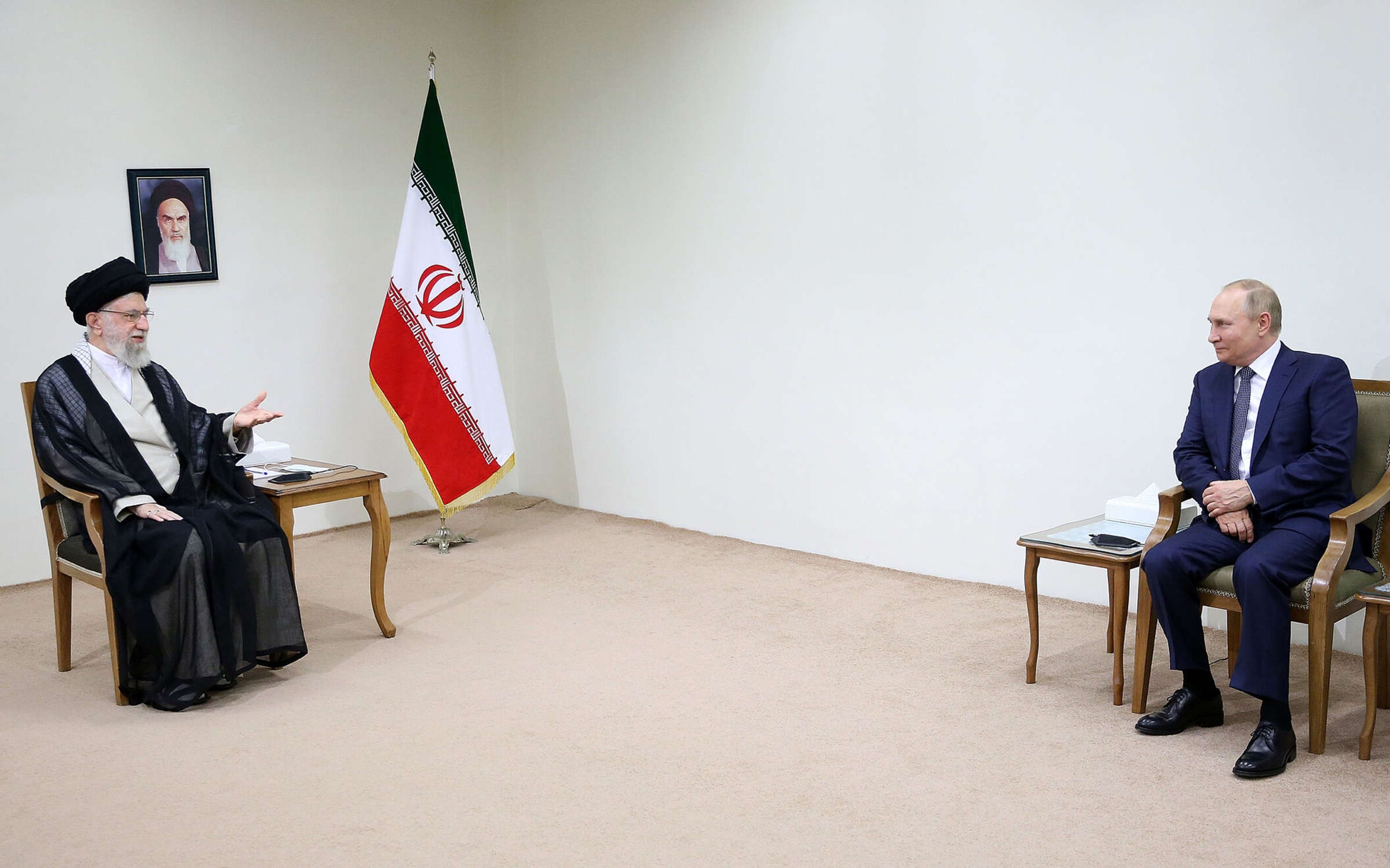Putin convenes Security Council to address relations with neighbors, allies

Russian dictator Vladimir Putin has convened a meeting of Russia's Security Council to discuss ties with Moscow's allies and neighbors, the TASS state news agency reported on Sept. 14.
As the Kremlin leadership met to "ensure Russia's interests" in ties with foreign partners, relations with some of Russia's partners have been souring recently.
Armenia, which traditionally used its relationship with Russia to counterbalance its Azerbaijani rivals and their Turkish allies, is losing confidence in Moscow's influence in the Caucasus.
Armenian Prime Minister Nikol Pashinyan said in an interview with Politico that "Russia's catastrophic invasion of Ukraine means Armenia can no longer rely on Moscow as a guarantor of its security.
According to Pashinyan, Russian peacekeepers in Nagorno-Karabakh failed to prevent the escalating humanitarian crisis as the Kremlin's focus shifted to the war against Ukraine and to maintaining amicable relations with Turkey.
Amid the reports of a new Azerbaijani army buildup, the Armenian military launched the Eagle Partner 2023 drills together with the U.S., scheduled to last between Sept. 11 and Sept. 20.
Russia's lackluster performance in Ukraine has also shaken its position on the international scene, making major players such as Turkey, India, and even China play both sides.
Instead, Putin has been forced to rely increasingly more on rogue states such as North Korea, Eritrea, Iran, Syria, and Belarus.
Russia recently hosted North Korea's dictator Kim Jong-Un, allegedly to discuss cooperation in missile and space technology.
However, Washington believes that another reason for the visit was Putin's desire to secure North Korean arms supplies to bolster the floundering invasion of Ukraine.
On Sept. 15, Belarusian dictator Alexander Lukashenko is scheduled to arrive in Russia to reportedly discuss "the international agenda and regional issues," as well as economic issues like "joint efforts in import substitution."
The news of Lukashenko's visit comes after the European Parliament adopted a resolution on Sept. 14, which calls for Europe to apply the same sanctions against Belarus as it currently does against Russia.












